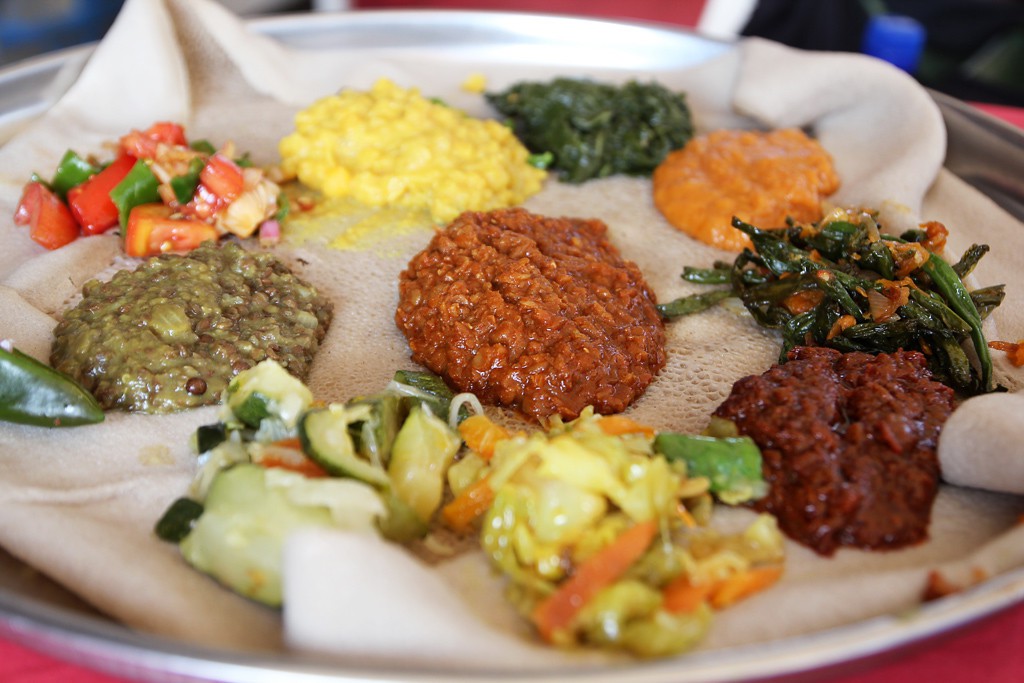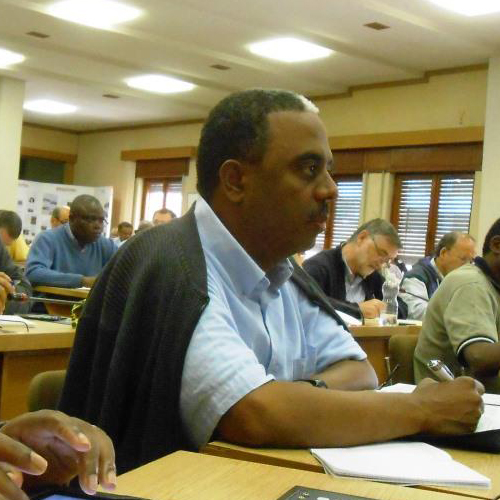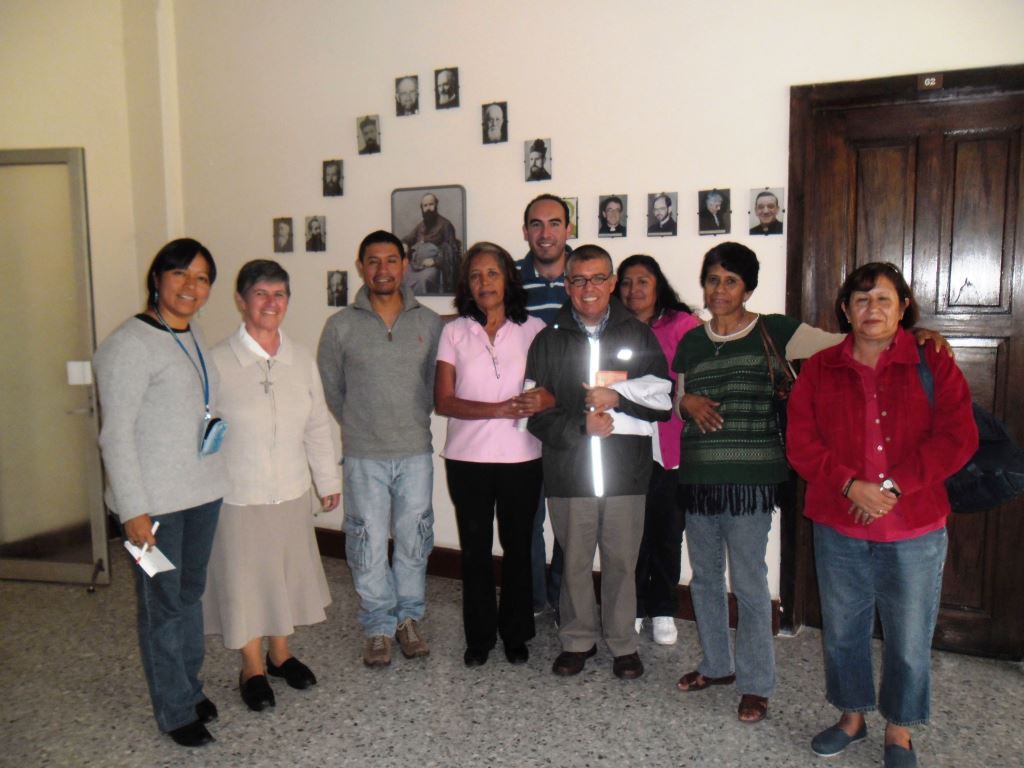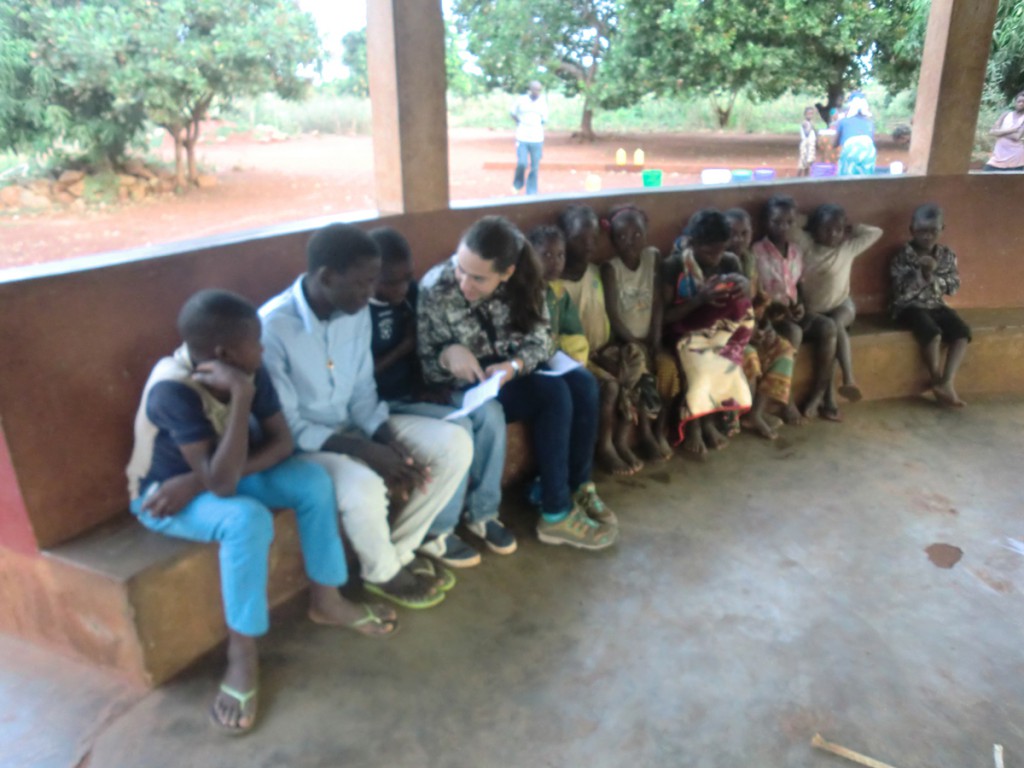 If a year ago you would told me that today I would be writing about the Mission in Carapira, I would have said you were dreaming and that those fertile lands were too remote for me. However, God, as Father Jorge says, knows better what He does than what we want. And it is so true!
If a year ago you would told me that today I would be writing about the Mission in Carapira, I would have said you were dreaming and that those fertile lands were too remote for me. However, God, as Father Jorge says, knows better what He does than what we want. And it is so true!
Before entering into the risky adventure of trying to put into words what I experienced in Carapira during the month of August, I want you to know that we will lose some sense: hands that touch and are touched; strange odors, but then they are missed, such as land, market, burning garbage, the air hot and heavy; the eyes that see faces that seem to ask us to discover and smiles that remind us that life is the greatest gift of God; greeting mouths at all times, even when you are not known.
Thanks, first, the missionaries that were already in Carapira and, besides of being disciples of Christ, they were heralds of our arrival and faithful companions of our steps, while leaving us free to be. Thank you for the confidence you have placed in us, without which no work could be developed.
The first problem I encountered was the time. In Carapira, time seems frozen in time and, indeed, the days passed slowly. The mornings were far greater than the afternoon and a date marked at three, could be at any time after the scheduled time. I thought the time was slow because there was completely entangled in the agitated pace that the Western world imposes on us. It was then that I realized that being compassionate was walking at the step of the other. If the other slows down, we slow down to walk with them. Then we get carried away by this so different time from our time and our days were filled: with night study in the Industrial School; support for girls at boarding school of the sisters “Mother Africa”, with the presentation of the encyclical “Laudato Si” to the EIC students, teachers, community, priests and sisters; we filled the day with times when we prayed the rosary in communities and try to learn Macua, visiting the sick, or replacing a missing professor.
In Carapira I discovered a charm. After trying to help girls with English, where the theme was “famous people”, I tried to illustrate with Cristiano Ronaldo and that’s when I realized that I had fallen into the terrible mistake of looking at reality only with my eyes. I do not say this no dislodging me, but quickly got the right example, which has always been there and knew very well: Jesus. Who else could be as global as Him? We were going with a huge desire to make Jesus known to others, going step by step, discovering that he was already there and is revealed in the smallest things: in the embrace that shipped with Sister Mary Joseph when I took girls home for holidays; Jesus appeared in the warm way in which these people welcomed us on arrival and took these foreigners as a part of their daily lives without closing the door.
These children show me the face of God, because they unknowingly have been and are an example for me. They get to be so alike and so different in its smallness. And how many childhoods exist worldwide. These children are heroes of palm and a half, before being able to speak carry buckets of water over his hands and head. As if, at the time, they had to endure a burden that is not theirs. Children carrying bricks. Children who care for other children like them. The children who walk kilometers and kilometers from home to go to school. I was also surprised with the ability they had to run for our arms, with sincere and contagious smiles. And I tell you, I will never, ever, be able to forget how they ran up and down the street with those cars made with plastic bottles and caps, or made careers pushing tires with a stick.
I was moved when I discovered that some people left the house, three to four hours before Mass, to drink from the Word of the Lord. I cannot forget the youth group of vocational discernment, traveling kilometer walk and/or bike in order to attend a Sunday training. And they do it every month. Here sometimes when it rains or is cold, the children no longer want to go to Sunday school. And even we, I wonder, how many reasons we out to excuse our faults to Mass? Given this, it is clear that those who wants look for ways and those who does not want find an apology. They are living proof of that!
There are people, people like us, who surprisingly are happy with so little. It is not so little … they are happy just to live. And how big is this give: life! And how big are these people, imagine, deeply grateful that comply with the Father’s. After this month, I know that my contribution was just a drop in an ocean of tasks that remain to be fulfilled. However, as I read in the market the first day I went, “Stop force produces nothing”. I am sure that being young and Christian, today, it is to be this force that never stops. It is not to fall into indifference to be touch by life and be able to do what God expects of us. However slightly, let’s do it, because if there’s one thing I’ve learned here is that the little become a lot. My heart is so full and grateful for this experience.
A “Koshukuru” (thank you) the size of the distance between Portugal and Mozambique is little for all that I have lived this month. Until I return, there is a vast ocean of longing and desire for further meetings. And you know what? I sincerely believe in that old maxim of “Little Prince”, which says that “those who pass by us, do not go alone neither leave us alone”. Today, I am a lucky for all the meetings I had on this land that is a lost paradise in the middle of nowhere. Today, I am richer for being a bit of all those with whom I shared this month.
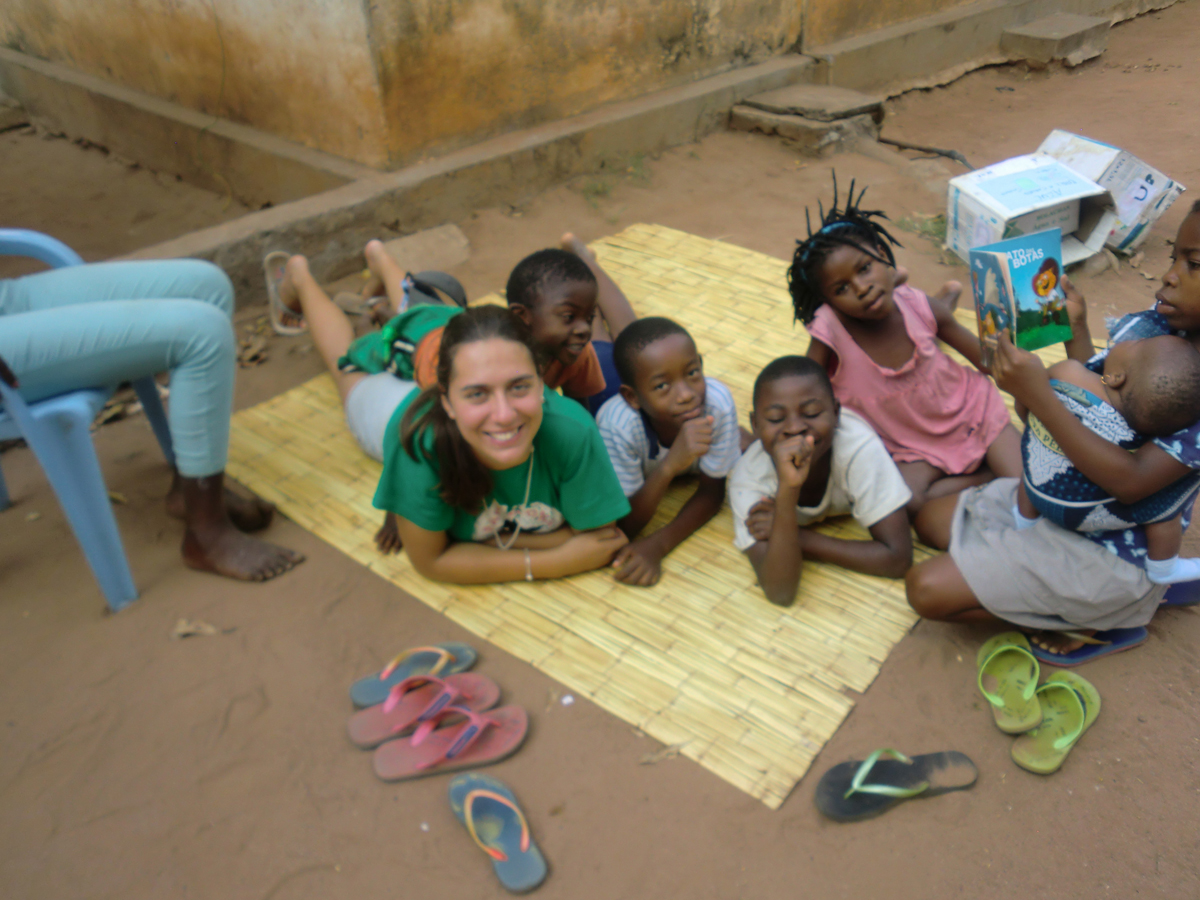 Mariana Gonçalves
Mariana Gonçalves




